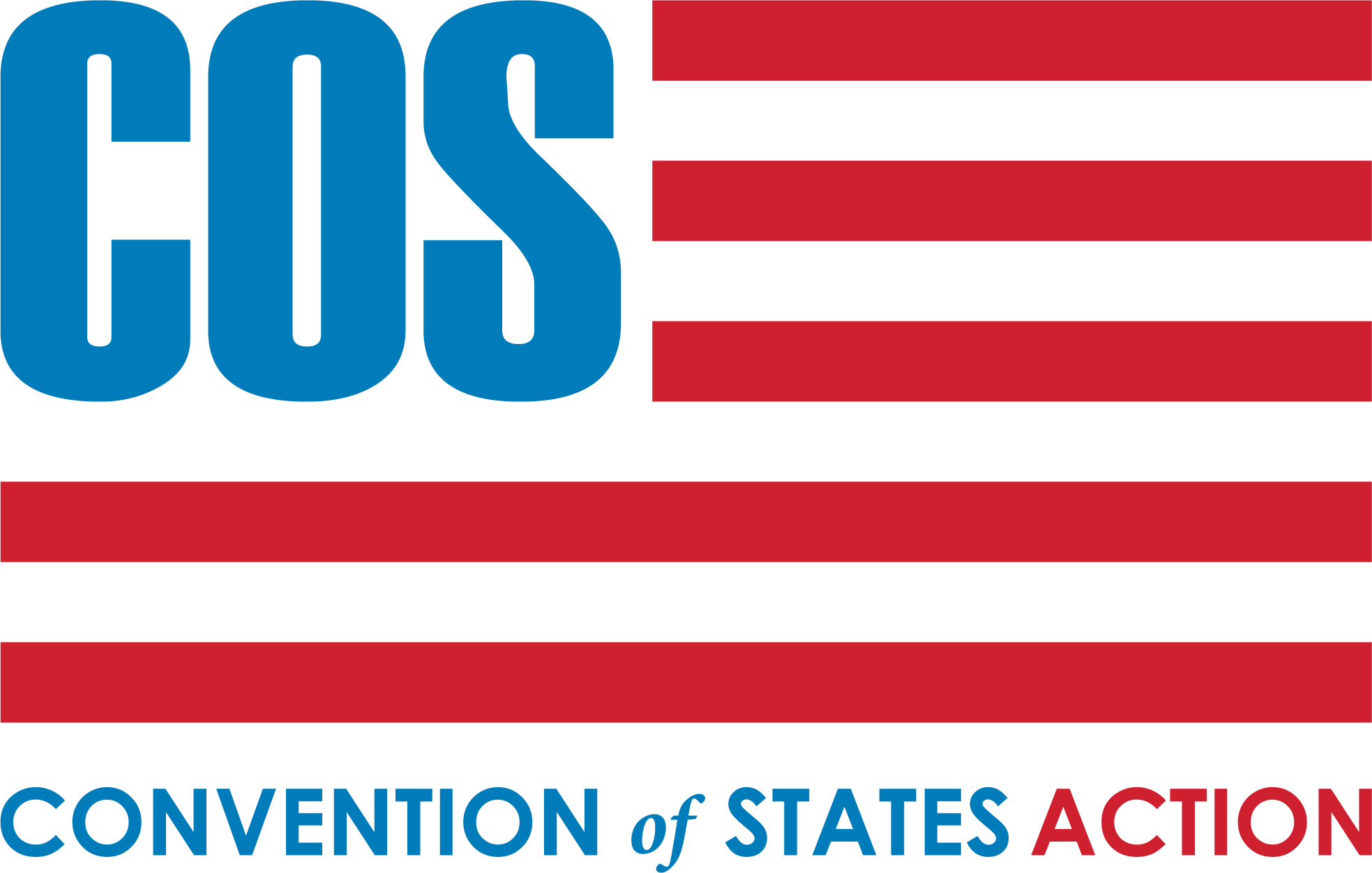
FOR IMMEDIATE RELEASE
Contact: press@gideon300.co
323-538-2130
54.8% of Americans say less likely to support HR1 due to unpopular provisions that end state voter ID laws and include public funding of political campaigns
-
Democrats divided over HR1, with 35% less likely to support HR1 and 38% more likely to support
-
57% of Independents less likely to support HR1 and 22% more likely
-
78% of Republicans less likely to support HR1 and 8% more likely
(Austin, TX—June 17, 2021) Convention of States Action, in partnership with The Trafalgar Group—one of America’s most accurate pollsters in 2016, 2018 and 2020—is releasing the results of a new national survey. Results were from surveys conducted June 6th thru June 8th of 1,000 or more likely 2022 election voters.
“Despite what leadership in Washington, DC thinks, the American people are not fools. Americans want more state and local control over how they vote, and are not interested in giving over that authority to an incompetent, out-of-control federal government obsessed with centralizing power,” said Mark Meckler, President of Convention of States Action. “And while Democrats on the Hill are pressuring leaders like Senator Manchin to support this outrageous measure, Democrat voters are at best deeply divided on this issue. Nobody can look at these numbers and claim HR1 is popular.”
For a complete details on this poll, including graphics, please visit:
https://www.thetrafalgargroup.org/news/nat-issues-election-reform-0616
KEY INSIGHT: Bi-partisan Majority Less Likely to Support HR1 Due to Provisions Ending State Voter ID Laws and Including Public Funding of Political Campaigns
- 48.9% of American voters are much less likely to support HR1 because of provisions.
- 5.9% of American voters are less likely to support HR1 because of provisions.
- 14.6% of American voters are much more likely to support HR1 because of provisions.
- 9.4% of American voters are more likely to support HR1 because of provisions.
- 21.2% of American voters are not sure.
KEY INSIGHT: Democrats Divided on Support of HR1 Due to Provisions Such as Ending State Voter ID Laws and Including Public Funding of Political Campaigns
- 29.8% of Democrat voters are much less likely to support HR1 because of provisions.
- 4.9% of Democrat voters are less likely to support HR1 because of provisions.
- 25.3% of Democrat voters are much more likely to support HR1 because of provisions.
- 12.9% of Democrat voters are more likely to support HR1 because of provisions.
- 27.1% of Democrat voters are not sure.
KEY INSIGHT: Majority of Independent Voters Less Likely to Support HR1 Due to Provisions Ending State Voter ID Laws and Including Public Funding of Political Campaigns
- 52.3% of Independent voters are much less likely to support HR1 because of provisions.
- 4.7% of Independent voters are less likely to support HR1 because of provisions.
- 10.7% of Independent voters are much more likely to support HR1 because of provisions
- 11.6% of Independent voters are more likely to support HR1 because of provisions.
- 20.7% of Independents voters are not sure.
KEY INSIGHT: Overwhelming Majority of Republican Voters Less Likely to Support HR1 Due to Provisions Ending State Voter ID Laws and Including Public Funding of Political Campaigns
- 69.9% of Republican voters are much less likely to support HR1 because of provisions.
- 8% of Republican voters are less likely to support HR1 because of provisions.
- 4.6% of Republican voters are much more likely to support HR1 because of provisions
- 3.2% of Republican voters are more likely to support HR1 because of provisions.
- 14.3% of Republican voters are not sure.
###
About Convention of States Action—Boasting a grassroots network of over 5 million supporters and volunteers, Convention of States’ mission is to restore a culture of self-governance in America and to curtail federal overreach. Its primary focus in accomplishing this mission is using a limited Article V Convention to propose constitutional amendments that impose limitations on the size and scope of the federal government, including a balanced budget requirement and term limits for federal officials.

